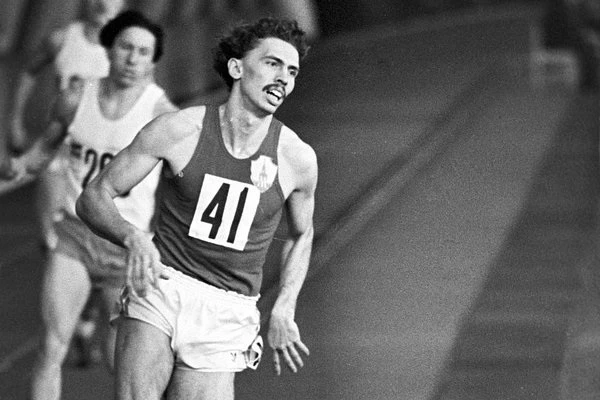
In prison, he did not develop in a criminal direction, although he had all the necessary data for that.
Athletes who achieved significant success on the international stage became superstars in the USSR. They were extremely well-known individuals, receiving various state awards and gaining access to material goods unavailable to most citizens. This was also the case for the track and field athlete Mikhail Linge, who became an Olympic champion at the age of 22 at the home Games of 1980 in Moscow. However, his sports career was cut short due to a series of tragic accidents. Ultimately, the athlete found a use for his talents in the criminal sphere, and his 'reward' was several years in prison. After being released in the early 1990s, Linge tried to start a new life, got into business, but failed and died under unclear circumstances.
"The guards didn't need to shoot because the runners were used to reacting to a shot in one way — only forward. If they had shouted 'False start!', I would have definitely stopped," Linge ironically described the story of his escape from the pre-trial detention center. It was successful, but ultimately only worsened the fate of the athlete.
The 400 meters is one of the most challenging disciplines in track and field. In the 100- and 200-meter sprints, one must work at maximum effort from start to finish; starting from the 800 meters, there is an opportunity to distribute energy over the distance, while in the 400 meters, it turns out that one must run at the limit, just like in the 100-200 meters. The only difference is that the distance is much longer! Thus, 400-meter runners are a rare 'commodity'; this distance requires a unique combination of power, speed, and endurance, which is why this distance is held in special esteem among sprinters.
It was the 400 meters that became the specialty of Kaluga native Mikhail Linge, who came to track and field quite late — at the age of 14. Before that, the boy did not engage in sports professionally but was very active, playing football all day and competing for his school in various competitions. It was at school running competitions that coaches from the Kaluga sports school 'Yunost' noticed the teenager. It quickly became clear that they were dealing with a true gem. Linge easily met the standards for new and new ranks, and by the end of school, he had no doubts about his future. The boy moved to Moscow, enrolled in the State Central Order of Lenin Institute of Physical Culture (GTSOLIFK), and at 18, joined the junior national team of the USSR in track and field.
For example, in 1979, he finished only 10th in the 400 meters at the USSR Championship. However, in February of the following Olympic year, Linge unexpectedly shone at the national indoor championship, where he not only became the first in his event but also set a national record. A few months later, Linge solidified his success with a strong performance at the prestigious Memorial of the Znamensky Brothers in Moscow. Thus, the former middle runner had the prospect of making it to the national team of the USSR participating in the home Games. The coaches were hesitant to include the young sprinter in the individual events, limiting Linge to a spot on the relay team.
Winning at the Olympics drastically changed the life of the previously unknown 22-year-old. Linge was awarded the title of Honored Master of Sports, became a recipient of the Order of the Badge of Honor, and received a brand new black 'Volga' as a gift — the dream of most Soviet citizens. Immediately after the Games, Linge married his childhood sweetheart, and the newlyweds were promised their own apartment in Moscow, but there was a hitch with its allocation. Linge did not want to wait for the housing issue to be resolved and moved out of the GTSOLIFK dormitory into a rented apartment. The 4,000 rubles in prize money he received for the Olympic gold were a great help in this.
In 1981, Linge had a son, but his athletic career was not going well. Soon after the Games, the sprinter sustained an injury, and he could not return to his previous level. The promised apartment in Moscow was never given, he did not want to return to Kaluga with his family, the prize money was running out, and the salary on the Moscow team was quite modest. His wife could not work yet, as she was at home with their small child.
The fateful day for Linge was March 11, 1982, when the athlete, while driving his 'Volga', veered into oncoming traffic and collided with a passenger bus. By a stroke of luck, no one was killed, but several people, including Mikhail himself, ended up in the hospital with injuries of varying severity. Linge was found guilty in the traffic accident, a criminal case was initiated against him, but it did not lead to a real sentence. However, it did lead to his exclusion from the USSR national team and the loss of his salary.
But the situation was still far from hopeless: Linge could have started a coaching career while trying to return to big sports, sell the wrecked Volga, move back to his native Kaluga with his family, or, after all, learn some new profession. However, this scenario did not suit Mikhail, who had become accustomed to the status of a celebrity and a bright, affluent life.
And then friends came to Linge's aid. More precisely, people he met during numerous banquets after winning Olympic gold. These people, unfortunately for Mikhail, turned out to be connected to crime, although at first, the athlete thought he had found his happiness. Linge was offered to become a professional con artist. His new associates appreciated the athlete's natural charm and his ability to communicate with people, seeing in him the ideal 'puppet master' — a swindler who executed deals using counterfeit bills.
Crimes and Punishments
Linge and his accomplices targeted Vietnamese individuals who were invited to the USSR in large numbers in the early 1980s for study at universities and work at Soviet enterprises as part of economic cooperation between the countries. Foreign specialists were paid very modestly, but they quickly found ways to earn extra money. One such way was the underground production of jeans. This item of clothing was a real hit in the USSR of the 1980s, and the price of one pair of branded American jeans could reach the equivalent of several average salaries of a Soviet worker. Jeans were also produced by Soviet factories, but their quality and appearance could not compare to the American ones.
Vietnamese jeans made in underground workshops were in huge demand among speculators. They were much cheaper than American ones, and they could be passed off as originals, or at least as quality replicas. At the same time, the police tried not to disturb the Vietnamese to avoid an international scandal. The standard 'deal' that Linge would engage in looked like this: his friends would introduce him to a Vietnamese trader, to whom he would present himself as a major speculator. After that, he would take several pairs of jeans from him and pay with a large sum of real rubles. Then Linge would return to his new partner very pleased and ask him to sell him a large batch of goods.
Meetings were usually arranged in deserted and dark places. The Vietnamese would load bags of goods into Linge's car, and he would hand the seller a bag of money. But there was very little money in that bag — the bundles were classic 'dolls', where instead of most of the bills, there was just ordinary colored paper. Yet, time and again, the Vietnamese exchanged it for huge batches of expensive goods.
Firstly, they trusted Linge after the first trial deal, and secondly, they were afraid to count the money on the street, fearing a police raid.
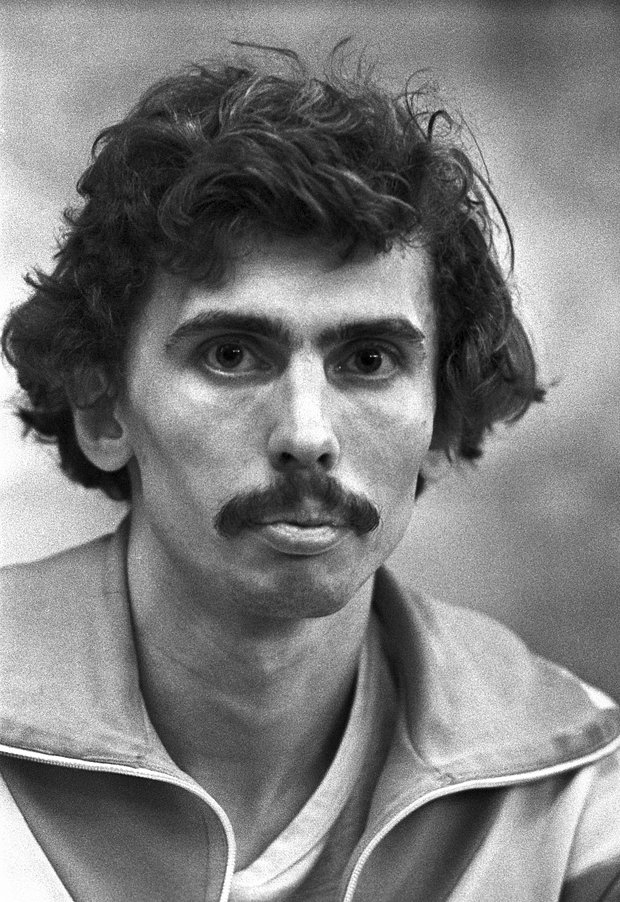
Linge's criminal talent turned out to be no less impressive than his athletic abilities. Very soon, the athlete began to earn fabulous sums of money by Soviet standards. One deal brought Linge several thousand rubles, and the quality of life of the former athlete reached the maximum possible level for a Soviet citizen. Expensive restaurants, scarce products, fashionable clothes, generous gifts to friends and acquaintances became constant attributes of the life of an Olympic champion.
Linge recalled that sometimes he was tormented by pangs of conscience, but he quickly found justifications for himself. "Why should I be an honest person when so much injustice is happening around?" — the athlete told himself. Moreover, Mikhail reassured himself that he was cheating the same kind of swindlers and speculators, so there seemed to be little public danger in his actions.
While committing crimes, Linge was almost certain of his impunity for two reasons. Firstly, Mikhail was convinced that the Vietnamese traders would never go to the police since they themselves were operating outside the law. Secondly, the former athlete was absolutely sure that Europeans were all the same to his victims, just as they were to him. So even if the Vietnamese approached law enforcement, nothing would threaten him.
In the end, Linge miscalculated on both counts. One day, one of the Vietnamese whom Mikhail had deceived not only recognized him on the street but also bravely approached the nearest police officer and pointed out his offender. Thus, the bright and short criminal career of Linge came to an end. The Olympic champion was detained, and he began cooperating with the investigation.
In prison, Linge did not develop in a criminal direction, although he had all the necessary data for that. Instead, the athlete mastered several construction professions and, after his release, formed a crew that began to earn decent money in a completely legal way. Linge's affairs were on the rise, and in the early 1990s, he invested almost all his money in a project that seemed promising to him. But then karma caught up with the athlete — his partners betrayed him, just as he had once betrayed the Vietnamese workshop owners. As a result, Mikhail fell into debt and was declared bankrupt.
In February 1994, Linge was visited by an old friend, who found the athlete lying in the entrance of his own house with a head injury. An ambulance crew arrived quickly, but the doctors could not save Mikhail. The police began an investigation, and investigators questioned all of Linge's acquaintances and neighbors, but the crime was never solved.



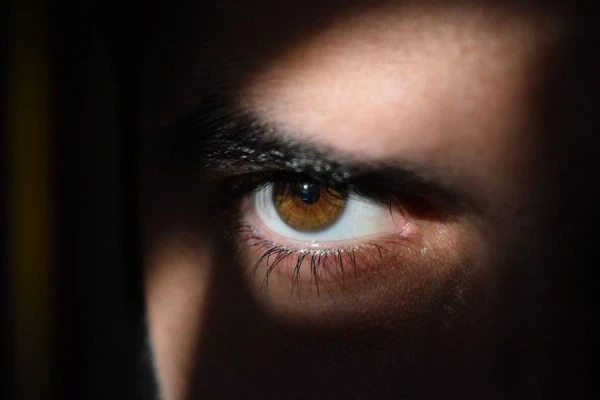
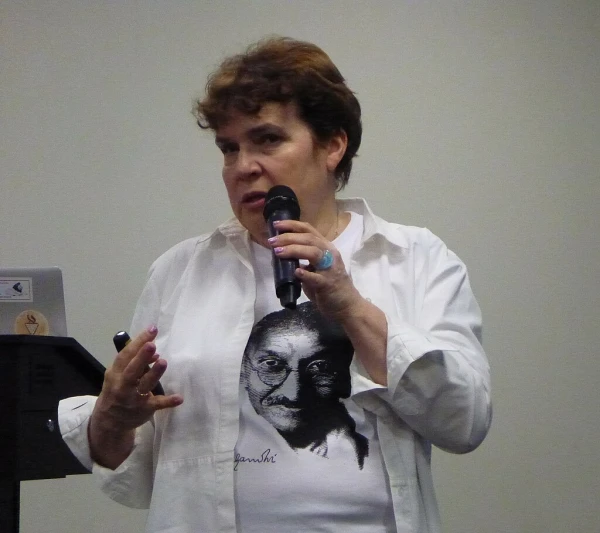
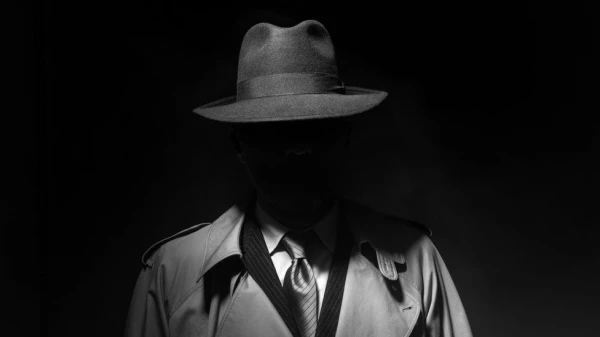

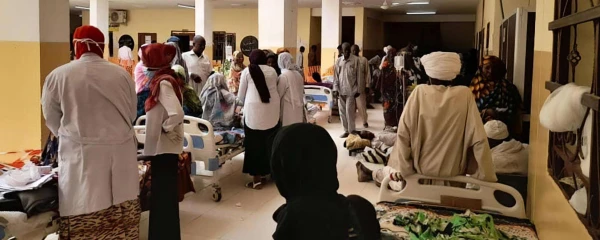
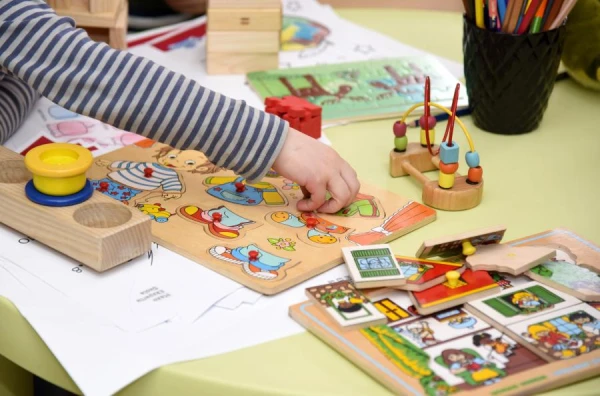






Leave a comment